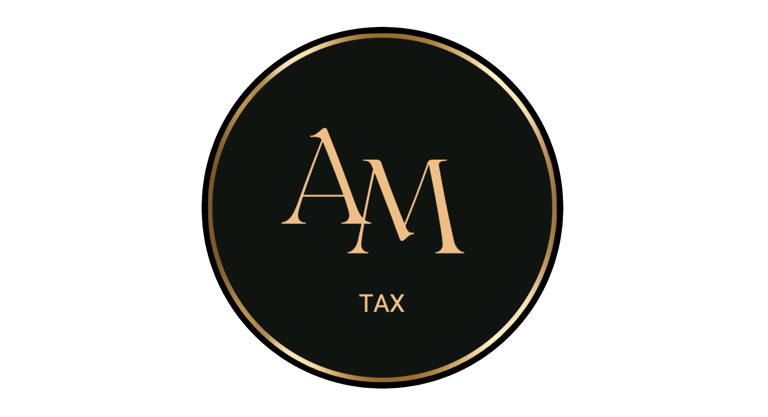
IF you’re experiencing financial hardship and struggling to pay back taxes, you're not alone—and you’re not without options. Whether it’s due to a job loss, medical emergency, or other financial setback, the IRS offers several tax relief programs designed to help individuals and business owners in distress.
In today’s article, we’ll break down the most effective IRS relief options and explain how a tax resolution professional like AM Tax Inc. can help you get back on solid financial ground.
What Is Financial Hardship in the Eyes of the IRS?
Financial hardship, or what the IRS calls “economic hardship,” occurs when paying your tax debt would prevent you from covering basic living expenses. The IRS doesn’t want to put taxpayers in a position where they can’t afford food, housing, or medical care. That’s why they offer relief options for qualifying individuals and businesses.
But make no mistake—the IRS won’t automatically know you’re struggling. You must proactively demonstrate your situation and apply for the appropriate program.
How a Tax Resolution Professional Can Help
Navigating the IRS’s complex programs is difficult, especially when you're already under financial stress. At AM Tax Inc, we specialize in helping individuals and business owners in hardship find the right path forward.
Here’s what we do:
Evaluate your current financial situation and identify the best relief program
Prepare and submit accurate financial documentation
Negotiate with the IRS on your behalf
Stop aggressive collection actions and give you peace of mind
Create a personalized strategy to help you move forward with confidence
Tax Relief Options for Financial Hardship
Tax Resolution Program Spotlight: Offer in Compromise (OIC)
When you owe more to the IRS than you can realistically pay, it can feel like there’s no way out. Fortunately, there is a powerful—but highly selective—program that might offer a solution: the Offer in Compromise (OIC).
At AM Tax Inc, we help taxpayers determine if they qualify for this program and guide them through the complex application process. Read on to learn how it works, who qualifies, and how we can help you take the next step.
What Is an Offer in Compromise?
An Offer in Compromise is an agreement between a taxpayer and the IRS that settles the tax debt for less than the full amount owed. It’s designed for people who genuinely cannot afford to pay their full tax bill, either in a lump sum or over time.
The IRS will only approve an OIC if it believes:
You don’t have the income or assets to pay the full amount, and
Your offer reflects the maximum they could reasonably collect from you within the statute of limitations.
Who Qualifies for an Offer in Compromise?
The OIC program has strict eligibility requirements. Not everyone who owes taxes will qualify. Here’s what the IRS looks at:
Ability to pay – Based on your income, expenses, assets, and equity.
Current compliance – You must be current with all required tax filings and estimated payments.
No open bankruptcy – You can’t be in an active bankruptcy proceeding.
Reasonable collection potential (RCP) – If the IRS believes they could collect more from you through other means, they’ll likely reject your offer.
If you’re living paycheck to paycheck, have limited assets, or are facing a long-term financial hardship, you may be a good candidate. However, submitting an OIC without professional guidance often leads to rejection, which is why working with a tax resolution expert is critical.












